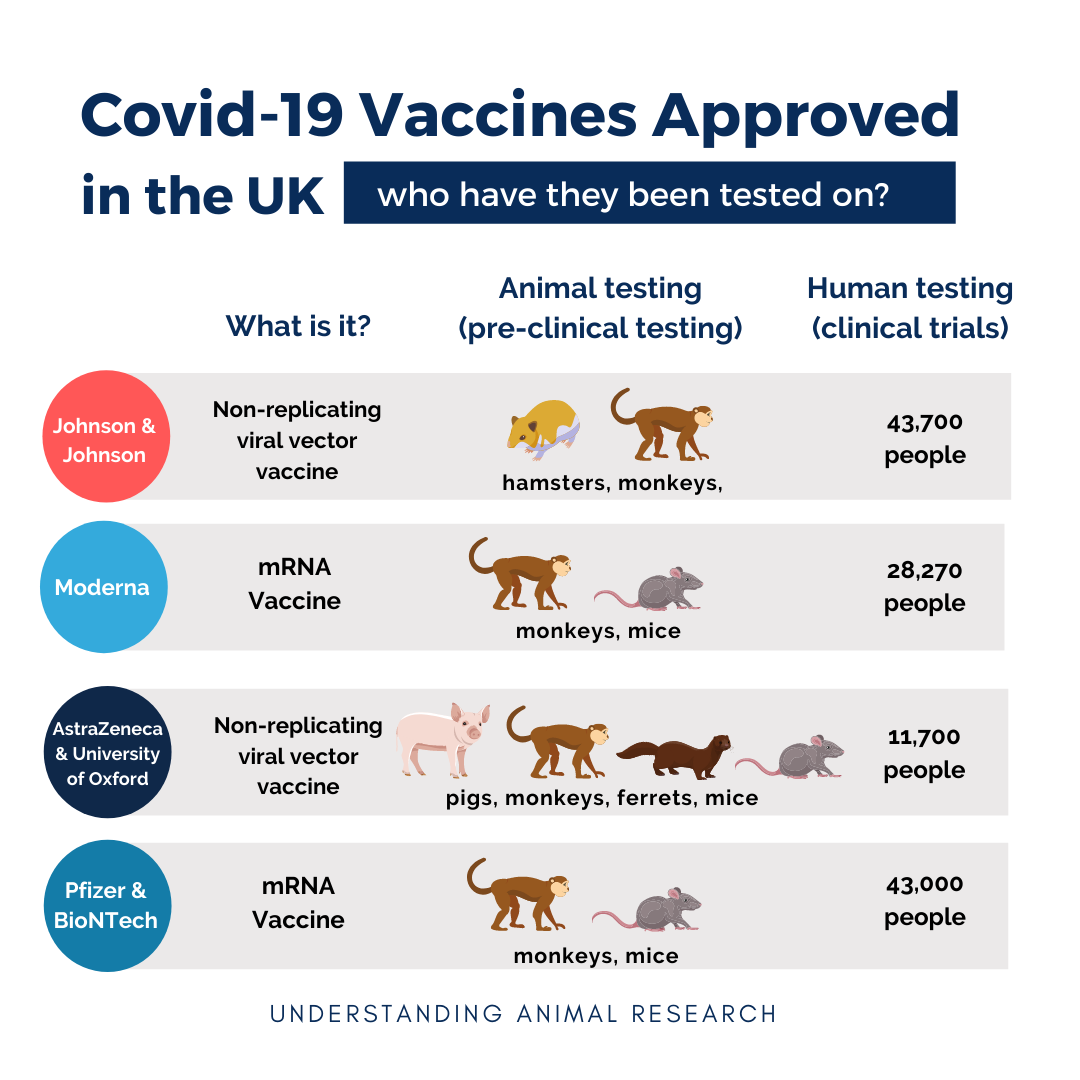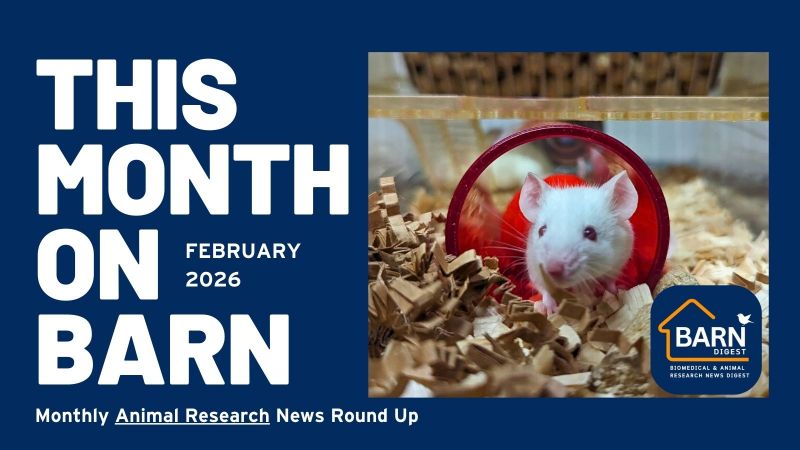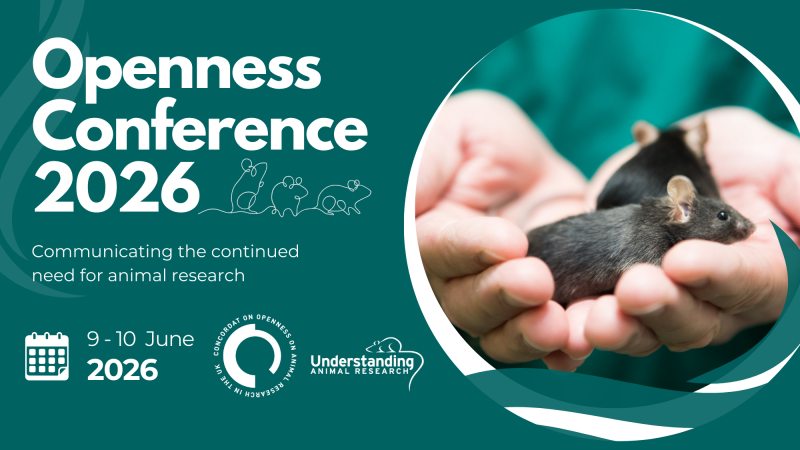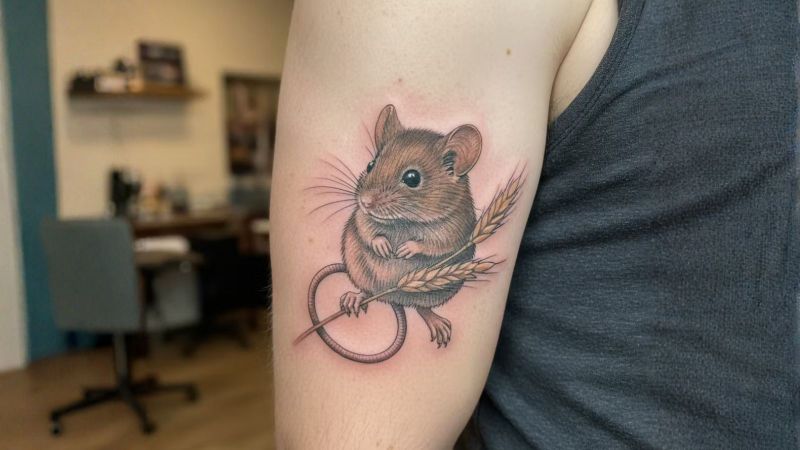Covid-19
Animals have been used extensively to research Covid-19, especially during the early days of the pandemic as very little was known about the virus. Research using animals was crucial to the development of all Covid-19 vaccines that have been licensed for use in the United Kingdom.
Read the UAR article: "Top 10 Covid-19 vaccine myths"
What is Covid-19?
Covid-19 is the name of a disease caused by the SARS-Cov-2 virus. The SARS-Cov-2 virus causes flu-like symptoms that can vary considerably depending on individuals and the strain of virus contracted.
Where did Covid-19 come from?
On 31 December 2019, the World Health Organization (WHO) was informed of a cluster of cases of pneumonia of unknown cause detected in Wuhan City, Hubei Province, China. The cause was quickly identified as a new and emerging virus of unknown origin and by mid-January, the genetic sequence of SARS-Cov-2 was shared globally by Chinese scientists, so that others could study the disease effectively.
To date, the origin of the SARS-CoV-2 virus, responsible for the Covid-19 pandemic, has not been identified. So far, the scientific evidence suggests that SARS-CoV-2 likely evolved in wild animals and jumped to people through an unidentified animal host. Multiple studies have concluded that the Huanan Seafood Wholesale Market in Wuhan City was the epicentre of the Covid-19 pandemic however, some scientists disagree and say the evidence reveals that the market was an "important spreading location" but not necessarily the point of origin. According to Nature, none of the studies contain definitive evidence about what type of animal might have harboured the virus before it spread to humans, indicating that the jump from animals to humans may have happened earlier.
Many scientific researchers continue to study the origins of Covid-19 so that we may prevent future pandemics of this kind.
Read the UAR article "Warning signs of the coronavirus: why we knew about it but couldn't stop it".
How were animals used to develop Covid-19 vaccines?
Animals were used in the development of every vaccine licensed for use against SARS-Cov-2 (Covid-19) in the United Kingdom. At present, six vaccines are approved for use against Covid-19 in the UK;
- Oxford/AstraZeneca vaccine
- Pfizer/BioNTech vaccine
- Moderna vaccine
- Janssen (Johnson & Johnson) vaccine (not currently available)
- Novavax vaccine (not currently available)
- Valneva vaccine (not currently available)
Read the UAR articles: "How effective is the Oxford/AstraZeneca vaccine?"and "RNA vaccines: a new tool against Covid-19"
Testing whether the vaccine is likely to create an immune response against Covid-19
The below information relates to the development of the Oxford/AstraZeneca, Pfizer/BioNTech, Moderna, and Janssen (Johnson & Johnson) vaccines. Updated information about the Novavax and Valneva vaccines will follow.
Mice
Mice were used to test the safety of three of the Covid-19 vaccines currently approved for use in the UK. Regulations in the United Kingdom require the safety of all medicines and vaccines to be tested in two animal species before they can be administered to humans, this is to prevent any injuries or fatalities to volunteers in human clinical trials. A specialised mouse model of the Covid-19 disease was created to mimic the human response.
The Oxford-AstraZeneca vaccine was also tested in aged mice to see if a patient's age could alter the vaccine’s immune response.
Monkeys
Monkeys were used by all four vaccine developers to test whether the vaccine could elicit a strong immune response against Covid-19.
Monkeys can become infected with Covid-19, producing an immune response in the same way that humans do. One of the reasons that monkeys are used in medical research is because their immune systems closely resemble ours, which is why the use of monkeys is common in pre-clinical vaccine research.
Ferrets
Like monkeys, ferrets can also become infected with Covid-19 and produce an immune response that mimics our own. Ferrets were used to test the safety and efficacy of the Oxford/AstraZeneca Covid-19 vaccine.
Hamsters
Hamsters display a more severe form of Covid-19 when compared to monkeys and ferrets, which is why they have been used to study potential treatments and strategies that could help people with severe Covid-19 infections. Hamsters were also used to test the safety and efficacy of the single-dose Janssen vaccine.
Pigs
The pig and human immune systems share significant similarities, this is why pigs were used, as well as monkeys, mice, and ferrets, to test the immune response of the Oxford-AstraZeneca Covid-19 vaccine.
Guinea Pigs
Guinea pigs are used in regulatory testing to quality-check each batch of vaccines to make sure they’re safe to give to human volunteers in the next stage of testing.
Llamas
A unique type of tiny antibody produced by llamas, at the University of Reading, is being used to develop a potential treatment against Covid-19 that can be taken by patients as a simple nasal spray.
Did the animals used to test Covid-19 vaccines die?
When the Covid-19 vaccines were first licenced there were widespread conspiracies circulating across the internet that claimed that all of the animals used in the vaccine trials had died. This is not true and doesn't make much sense, considering that a primary purpose of testing vaccines on animals is to ensure the vaccine won't harm human volunteers in clinical trials. You can read the article by Full Fact that debunks this issue here "Covid-19 vaccine did not kill every animal it was tested on".
Why does Covid-19 research need to continue?
Research into Covid-19 and SARS-Cov-2 is likely to be ongoing well into the future, both to protect human and animal health, and ensure that we are better prepared for any similar situations in the future.
Read the UAR article: "Covid-19 research must go on"
Tracking mutations in the virus
When SARS-Cov-2 originated we were aware of a single strain spreading between people, as time went by the virus appeared to mutate, creating new strains whose symptoms were varied, some much worse than others. SARS-Cov-2 continues to change and mutate; there are at least six named variants of the SARS-Cov-2 virus, including the well-known Omicron and Delta variants, as well as many unnamed versions that have not made headlines. Tracking the mutation in the SARS-Cov-2 virus is essential to keeping ourselves safe from any new and emerging variants, and ensuring that current preventatives and treatments continue to work against them.
Creating better vaccines
Even though we now have multiple vaccines to choose from, there is always room for improvement. The vaccines available on the market are all slightly different, they have different mechanisms of delivering the vaccine, they require different storage environments, and they need to be administered at different intervals and frequencies. As mentioned previously, Covid-19 continues to evolve and mutate into different strains, so far the current vaccines have held up against these mutations, but this may not continue long term.
The Francis Crick Institute is working towards the development of a universal coronavirus vaccine. The institute recently published a study that identified a specific area of the SARS-CoV-2 spike protein as a promising target for a pan-coronavirus vaccine. The universal coronavirus vaccine would work against all mutations of Covid-19, as well as the coronaviruses that cause the common cold. To create a vaccine capable of preventing an entire family of viruses, that have been circulating for thousands of years, would be a huge step for humankind.
UAR Articles on Covid-19:
How effective is the Oxford/AstraZeneca vaccine?
RNA vaccines: a new tool against Covid-19
Could llama antibodies treat viruses like Covid-19?
Warning signs of the coronavirus: why we knew about it but couldn't stop it
Russia's Covid-19 vaccine for animals
High public acceptance of animal research to find treatments for COVID-19



